An Enemy of the People
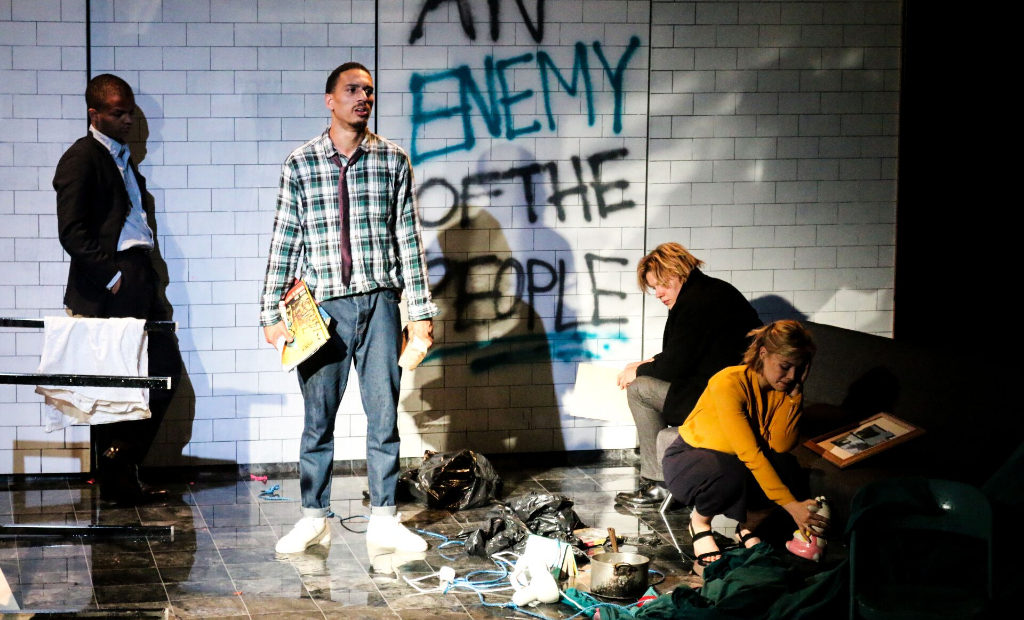
This Henrik Ibsen play is as relevant today as when it was written 130 years ago. Updated and relocated from Norway to the here and now by Jolley Gosnold, it centres around a doctor (Gabe Akuwudike) who discovers his town’s water supply is contaminated. The physician’s attempts to stick to his principals and put public safety first are stymied by the interests of his politician brother, Olivier Huband, who says the work Gabe suggests would cost £15-20 million. Matters are further complicated by the fact that Freddie, the brother of the protagonist’s girlfriend Hannah, owns the factory poisoning the water. Gabe’s friend Max publishes a blog, Voice.com (is that based on the alternative news corp with one letter difference?), and is initially on his side, but is persuaded by Olivier’s arguments.
Olivier is the quintessential politician and delivers some of the most interesting and telling lines. He positions his thirst for power as a selfless act and, therefore, being transparent about Gabe’s discovery would undermine his moral authority, which he needs to direct for the “common good”. His body language is pitch-perfect for the character: a jabbing hand to emphasise a point; often a thumb and finger massaging the bridge of his nose, eyes closed – a classic signifier of exasperation, of having better things to do, not even dignifying the speaker with his gaze.
As all those around him turn against him, Gabe builds up to a rant at a public consultation forum in the second act, where he makes an impassioned case against democracy, which, he says, favours convenience over truth and is driven by conflict, which suits those in power as the masses acquiesce to the line of least resistance through exhaustion, confusion or both. The doctor laments “shambolic democracy” and extols the virtues of an intellectual elite, which may be driven by honourable intentions but is in itself problematic. The protagonist works himself to a pitch where the mic clips and he finds himself saying “exterminate those who stand against us”. Needless to say, this does not go down well and Gabe and Hannah’s flat is trashed, graffiti’d and flooded.
The characters all share their actor’s names and the five (as well as the two brothers, Max Keeble, Hannah van der Westhuysen and Freddie Wise) all put in committed turns.
The writing asks some important questions that have no easy answers. The fact that most people’s route to the theatre will take them past the tributes to Grenfell adds a potent poignancy and urgency to this play’s subject matter. Somewhat unconscionably, Latimer Road tube has a sign asking visitors to Grenfell Tower not to take photos of it and to respect it as a site of loss. It appears to have become another stop on London’s tourist destinations, which is ghoulish. Tributes include just the word “Why?”, “Justice”, prayers, names and a proverb whose meaning reverberates through the play: “When the righteous are in authority, the people rejoice; but when the wicked beareth rule the people mourn.”
The production isn’t perfect: it veers occasionally towards the overly earnest; some of the delivery has yet to be smoothed out; and it seems a shame that the only female character appears to have little agency of her own, instead portrayed as flotsam carried along on the current of the men’s interests. But An Enemy of the People is committed and timely. The play clearly intends to agitate. Let’s hope it succeeds.
Jessica Wall
Photo: Jolley Gosnold
An Enemy of the People is at from 2nd July until 23rd July 2019. For further information or to book visit the theatre’s website here.

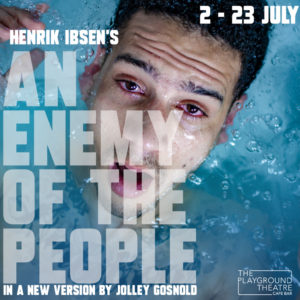
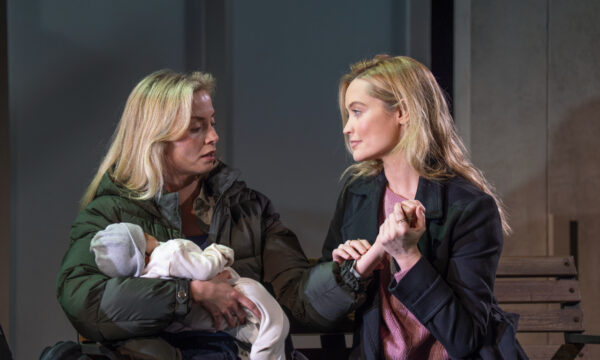
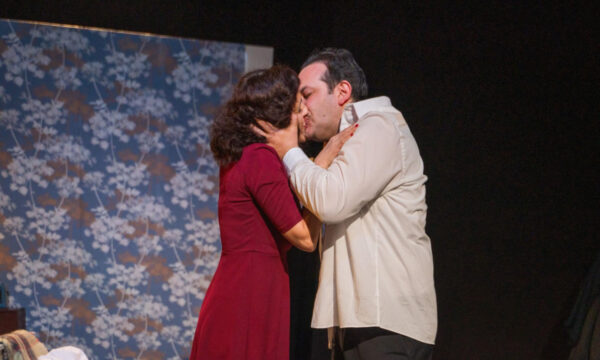
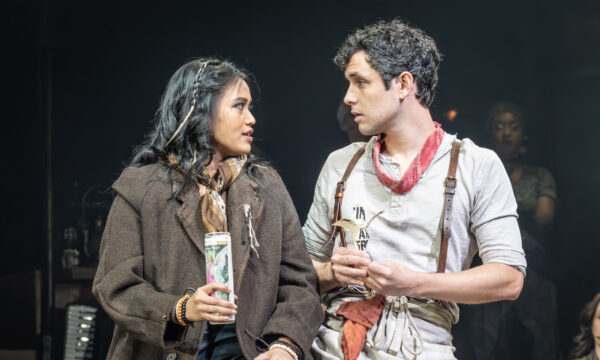
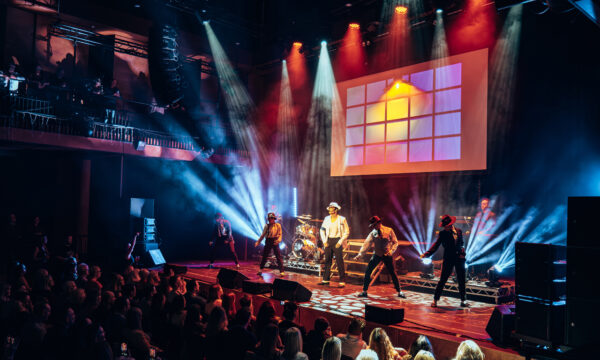
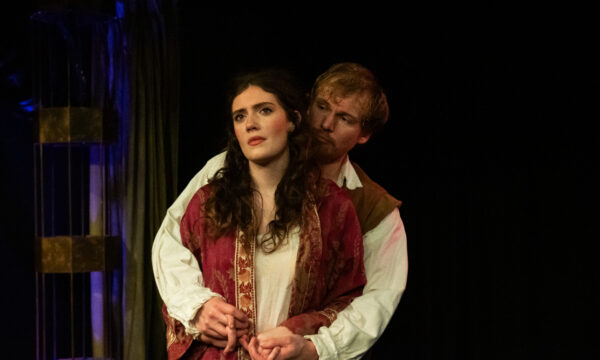
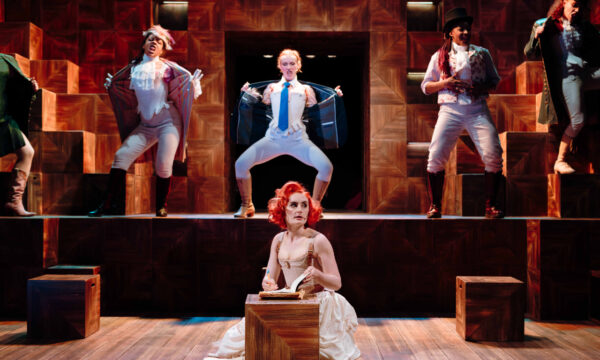
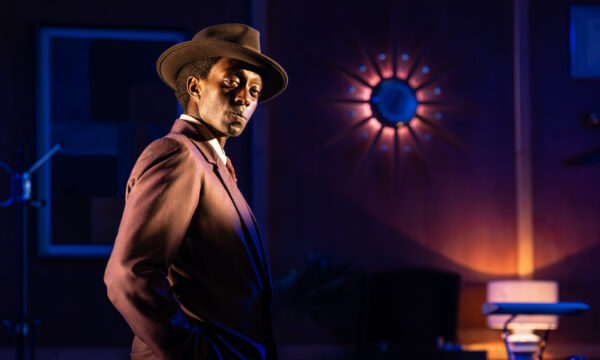
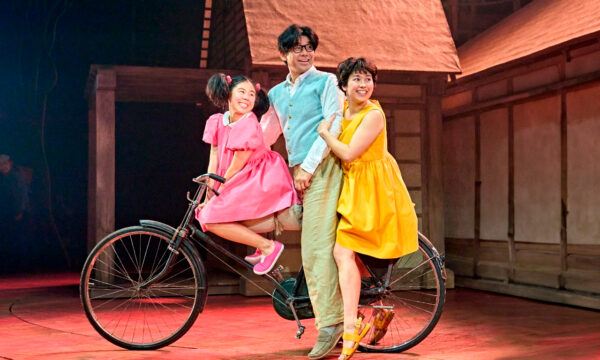
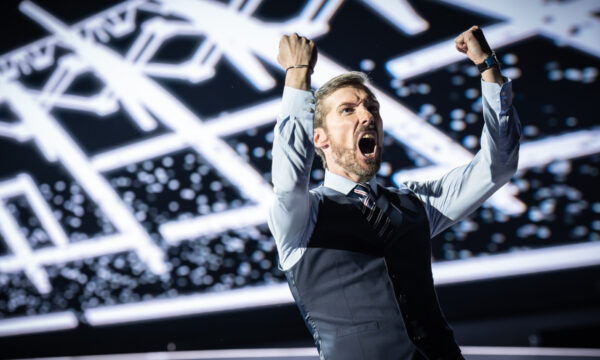









Facebook
Twitter
Instagram
YouTube
RSS